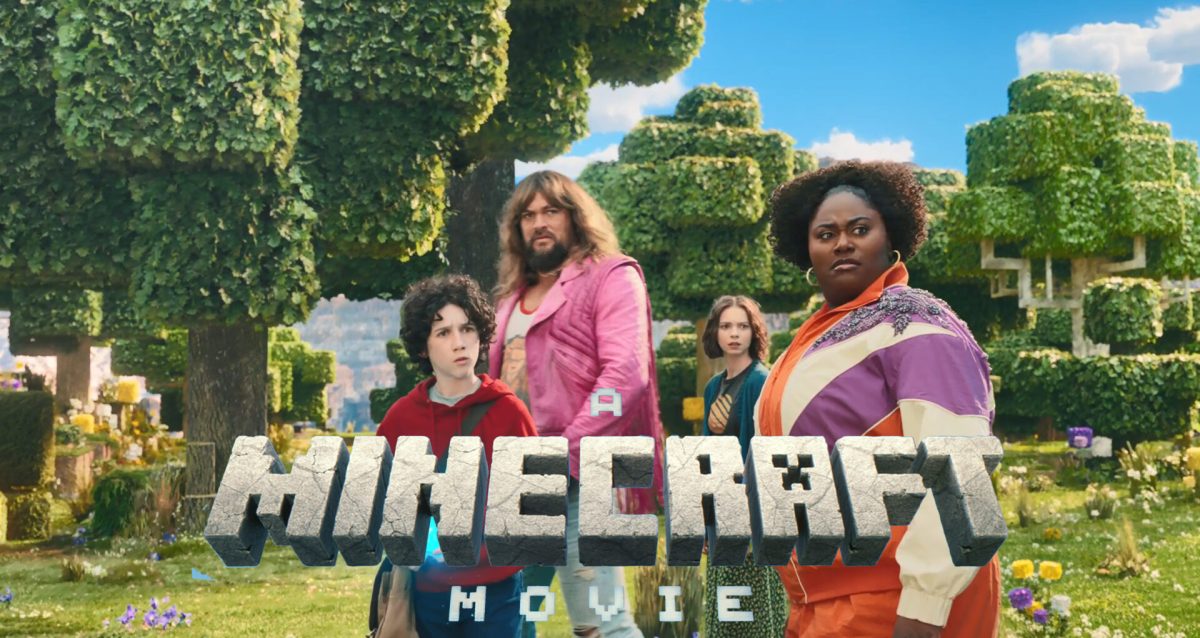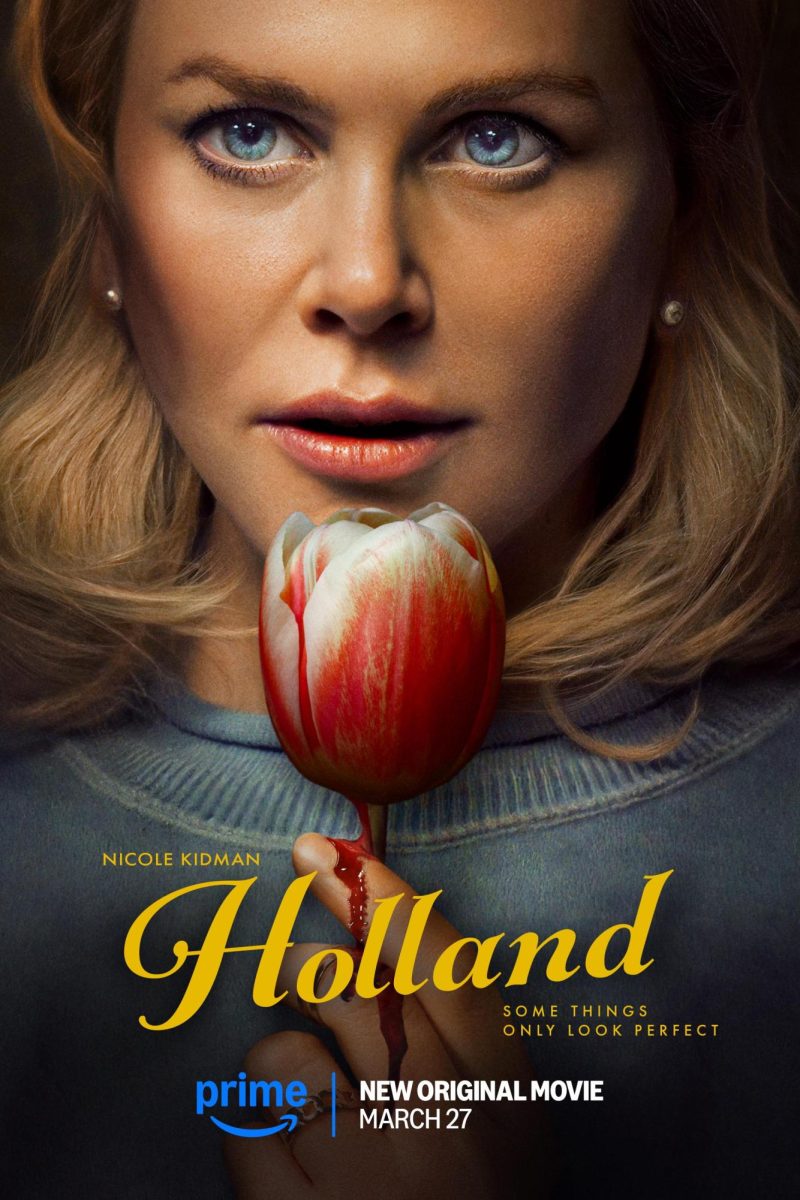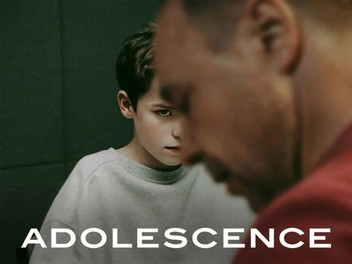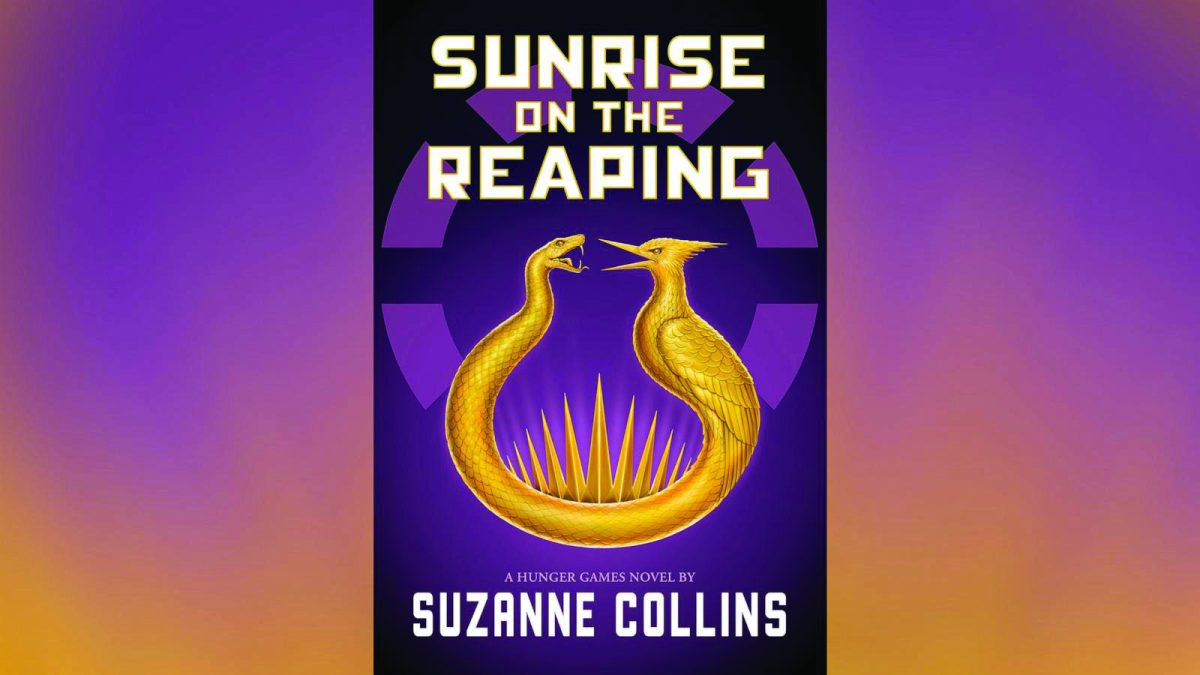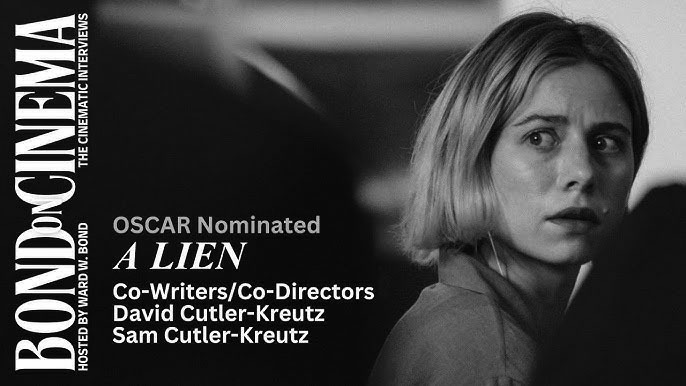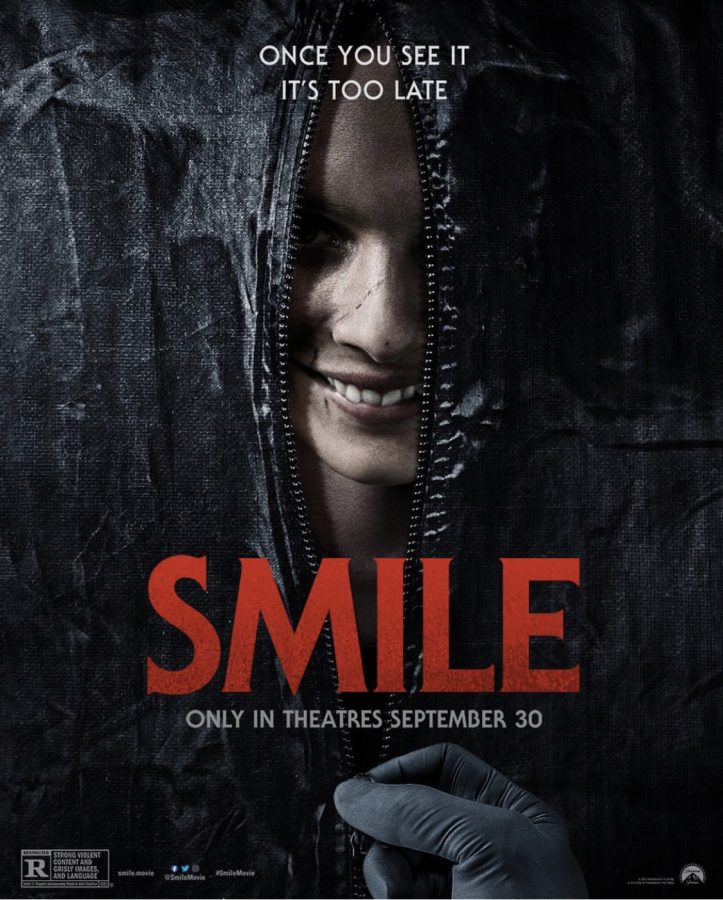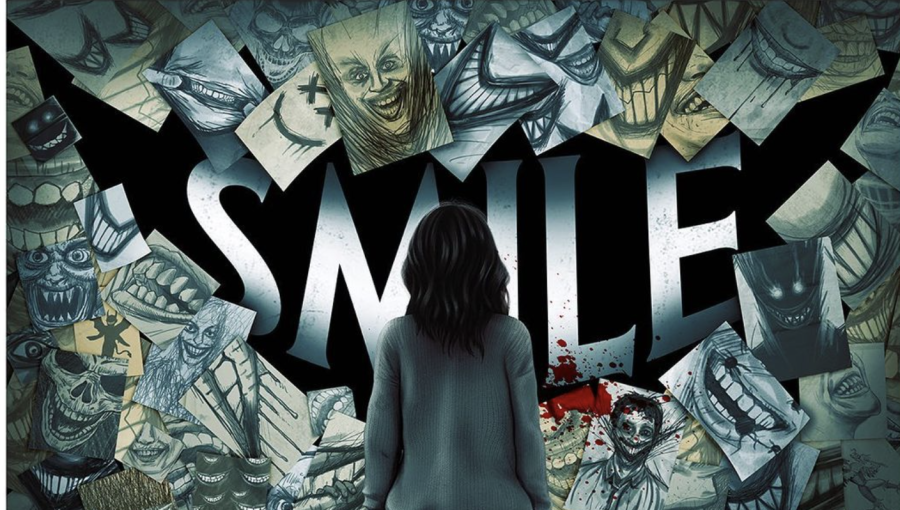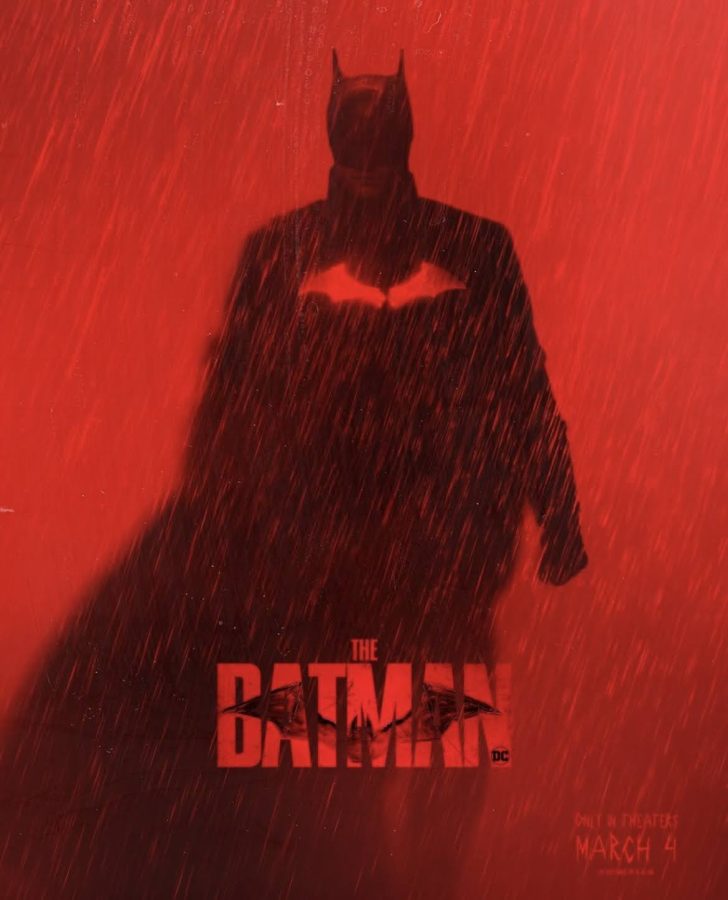The Fault in Our Stars was a traditional heart-wrenching tragic love story that left the audience tearful for the love that they had clung to throughout the plot development and then lost themselves.
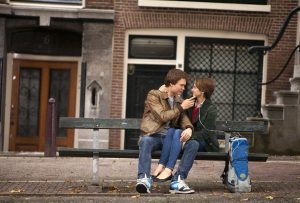
It is not to say that I did not cry myself nor thoroughly enjoy the film, because I did. However, since I had read the book prior to seeing the movie, I can say that it fell into the general category of movies that are not as good as the books they are based on.
This happens with most movies, but even more often when these movies are cliché and self-reveling as this one was. The Fault in Our Stars is a tragic love story centered on cancer and the clear importance of the people you meet in a support group.
For the most part, all of the main characters are ill, so one can assume that the story is about the decline of one of them or about the miracle(s) the other(s) encounter. Without spoiling the ending, I can say that the movie does just as well of a job as the book did in hiding who that one character was that we were going to have to lose.
The movie did have its sarcastic, humorous moments and the development of the love between two of the main characters was as quirky as could be expected from someone who is chained to her oxygen tank backpack and another who has a prosthetic leg. The audience fell in love with the pair’s cuteness before the characters fell in love with each other, which was almost instantaneous after their meeting.
Faulted for its play on death (combining cancer and the Holocaust) with a kiss in the Ann Frank Attic as Hazel struggles up the many flights of stairs, only to relieve herself with a kiss from Augustus with a round of applause from fellow museum-goeers, and the character’s reliance on answers from their favorite drunk author who has no sympathy for their illness’, while they feel entitled to the answers they seek within the small timeframe they have left, the film recovers with its acceptance and strength as the two surpass their many struggles.
The loss of a character you grow attached to is always painful, and as Hazel says about her favorite novel, An Imperial Affliction, it leaves you wanting more but understanding its abrupt ending. I was left wanting more from the movie, just like I wanted John Green to keep writing, but at least the rest is up to my imagination’s discretion.



